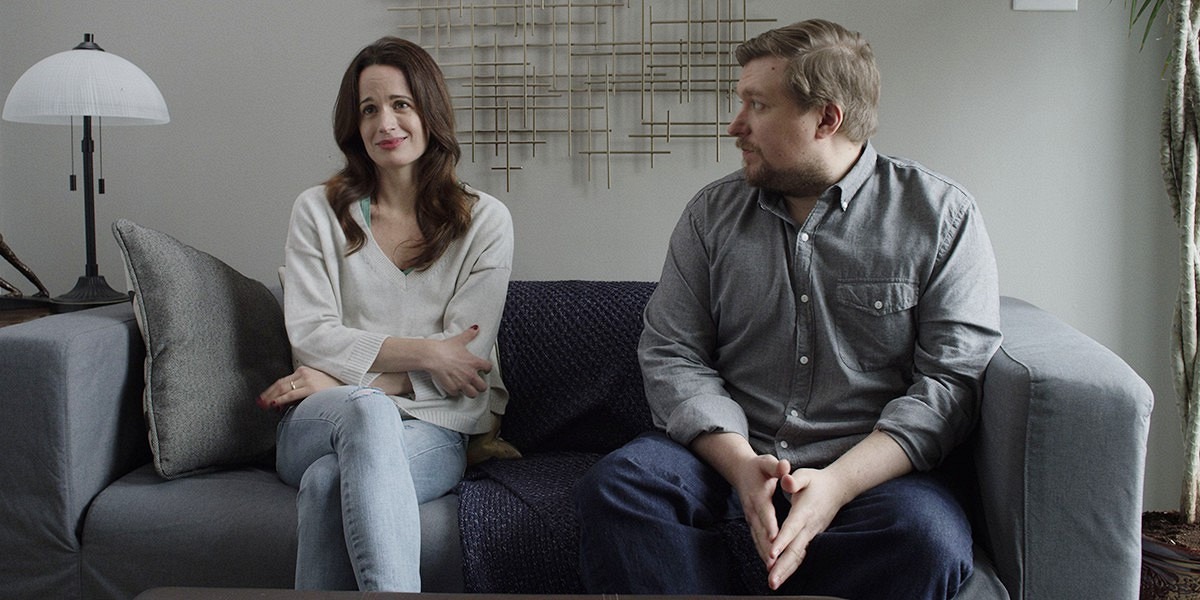
In today’s developing society, the concept of relationships has exceeded traditional boundaries. An open relationship offers a unique approach to closeness and connection, allowing individuals to analyze multiple romantic or sexual partnerships simultaneously. Let’s get into the dynamics of open relationships, exploring their difficulties, benefits, and challenges.
What is an Open Relationship?
An open relationship is a non-exclusive romantic arrangement where partners consent to engage in relationships with others outside their primary partnership. Unlike monogamous relationships, where exclusivity is the norm, open relationships encourage emotional and/or sexual connections with multiple individuals.

Benefits of Open Relationships
Open relationships offer a myriad of benefits, including enhanced personal growth, expanded social networks, and increased sexual exploration. By embracing non-monogamy, individuals can cultivate honest communication, foster autonomy, and experience diverse forms of intimacy.
Challenges in Open Relationships
While open relationships offer freedom and flexibility, they also present unique challenges. Issues such as jealousy, insecurity, and logistical complexities can arise, requiring couples to navigate boundaries, address insecurities, and prioritize emotional well-being.
Getting Started
Embarking on the journey of an open relationship requires careful consideration and intentional communication. Establishing ground rules, fostering trust, and nurturing honest dialogue are essential pillars for success.
Communication in Open Relationships
Effective communication serves as the cornerstone of open relationships. Partners must engage in transparent conversations about desires, boundaries, and expectations. Active listening, empathy, and vulnerability facilitate mutual understanding and strengthen emotional connections.
Setting Boundaries
Establishing clear boundaries is crucial for defining the parameters of an open relationship. Couples must discuss comfort levels regarding emotional intimacy, sexual encounters, and external relationships. Negotiating boundaries promotes mutual respect, minimizes misunderstandings, and fosters emotional security.
Building Trust
Trust is a fundamental component of any relationship, particularly in open arrangements. Partners must cultivate trust through honesty, reliability, and accountability. Open communication, consistent reassurance, and mutual respect nurture a foundation of trust, fostering emotional intimacy and relational stability.
Maintaining Balance
Balancing the dynamics of multiple relationships requires mindful navigation and intentional effort. Prioritizing individual needs, managing jealousy, and effectively allocating time are essential for sustaining harmony and fulfillment.
Boosting Individual Relationships
In an open relationship, partners must prioritize the cultivation of individual connections alongside communal dynamics. Allocating quality time, expressing appreciation, and honoring commitments foster intimacy and strengthen bonds with each partner.
Handling Jealousy
Jealousy is a common emotion in open relationships, stemming from feelings of insecurity or fear of loss. Acknowledging and validating feelings of jealousy is essential for emotional transparency and relational growth. By practicing empathy, addressing underlying insecurities, and fostering open dialogue, couples can navigate jealousy constructively.
Time Management
Effectively managing time is paramount in open relationships, where multiple partnerships demand attention and energy. Utilizing organizational tools, prioritizing self-care, and scheduling dedicated time with each partner promote balance and prevent feelings of neglect or imbalance.
Growing Together
As relationships evolve over time, partners must adapt to changing dynamics, embrace personal growth, and seek support when needed. Professional guidance and intentional self-reflection can facilitate relational evolution and promote long-term fulfillment.
Evolution of Relationships
Open relationships are dynamic and fluid, requiring adaptability and flexibility. Partners must navigate challenges, celebrate milestones, and evolve together through open communication and mutual support. Embracing growth and change fosters resilience and deepens emotional bonds.
Seeking Professional Help
Navigating the complexities of open relationships may necessitate professional guidance. Couples counseling or therapy can provide valuable tools, insights, and strategies for addressing conflicts, strengthening communication, and fostering relational health. Seeking support demonstrates commitment to personal growth and relational well-being.

FAQs:
- How do you handle jealousy in an open relationship?
- Addressing jealousy involves acknowledging feelings, communicating openly with partners, and exploring underlying insecurities through self-reflection or therapy.
- What are the benefits of seeking professional help in an open relationship?
- Professional guidance can provide valuable tools, insights, and strategies for addressing conflicts, strengthening communication, and fostering relational health.
- How can partners establish clear boundaries in an open relationship?
- Establishing clear boundaries involves open communication, negotiation, and mutual agreement on comfort levels regarding emotional intimacy, sexual encounters, and external relationships.
- What role does trust play in the success of an open relationship?
- Trust is fundamental in open relationships, cultivated through honesty, reliability, and accountability, fostering emotional intimacy and relational stability.
- How do open relationships evolve over time?
- Open relationships are dynamic and fluid, requiring adaptability and flexibility. Partners must navigate challenges, celebrate milestones, and evolve together through open communication and mutual support.
- Is time management essential in maintaining balance in open relationships?
- Yes, effective time management is crucial in open relationships to prevent feelings of neglect or imbalance. Prioritizing self-care, scheduling dedicated time with each partner, and utilizing organizational tools promote balance and fulfillment.
Conclusion
Open relationships offer a unique path to closeness, connection, and personal fulfillment. By prioritizing communication, trust, and balance, individuals can run the complexities of non-strong attachment and develop meaningful, bearable partnerships. Adopting growth, promoting individual connections, and seeking support when needed are essential steps toward finding balance and fulfillment in open relationships.










